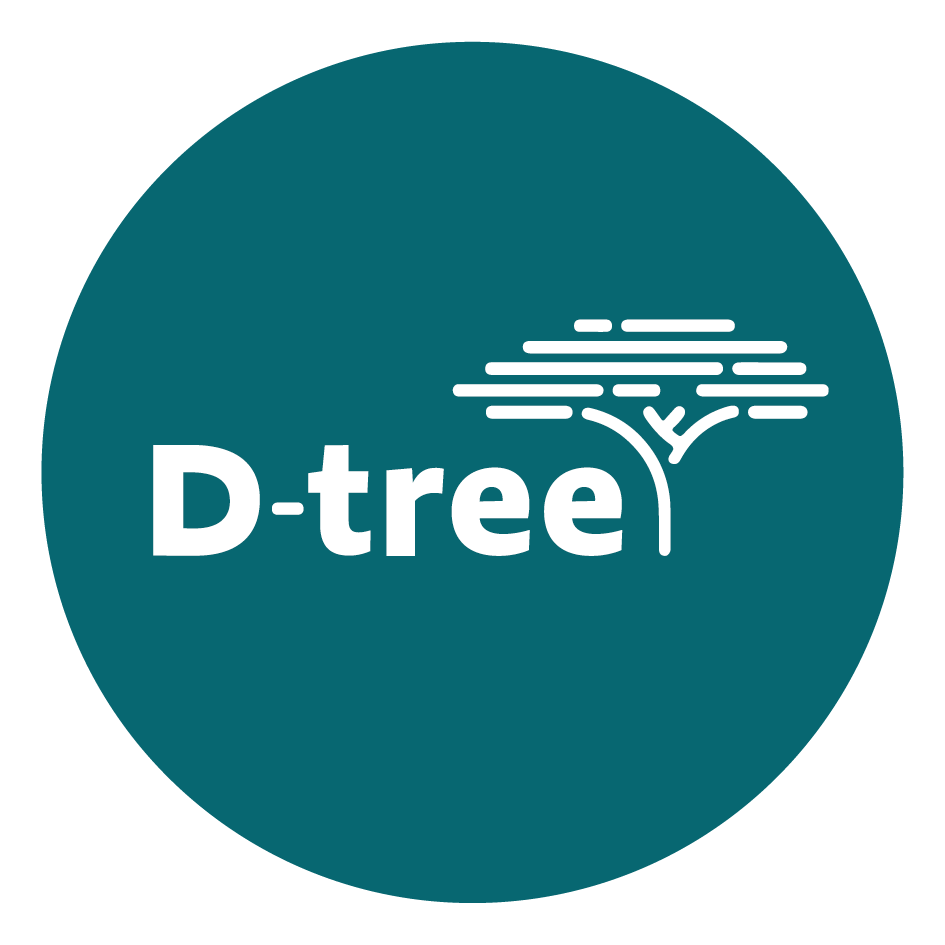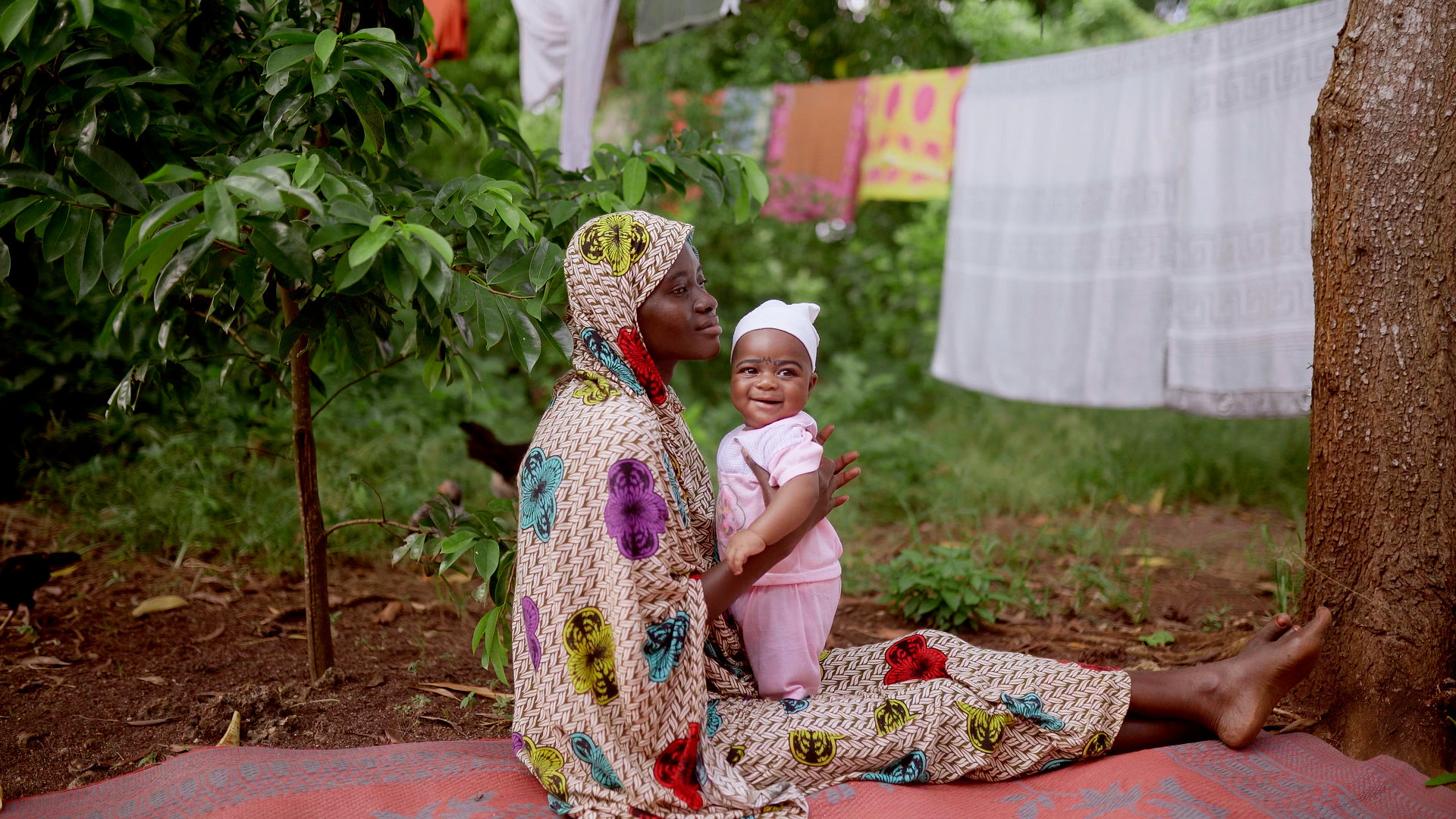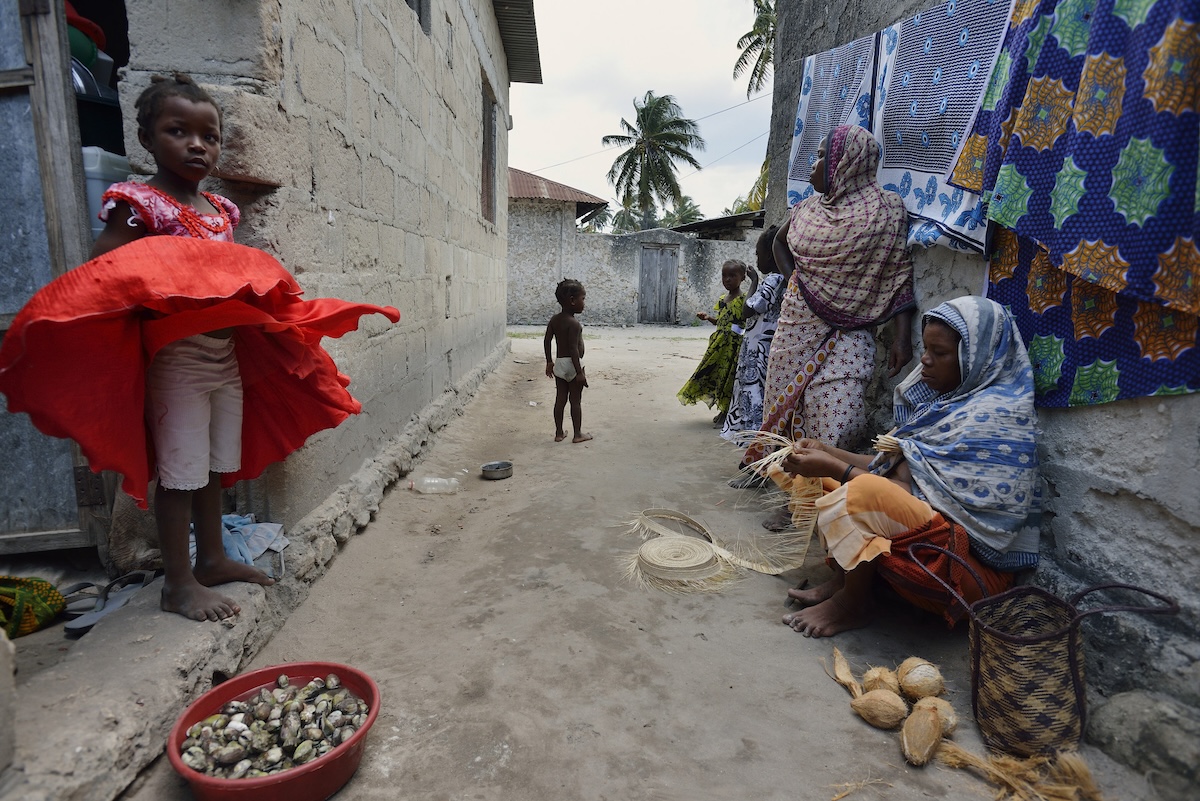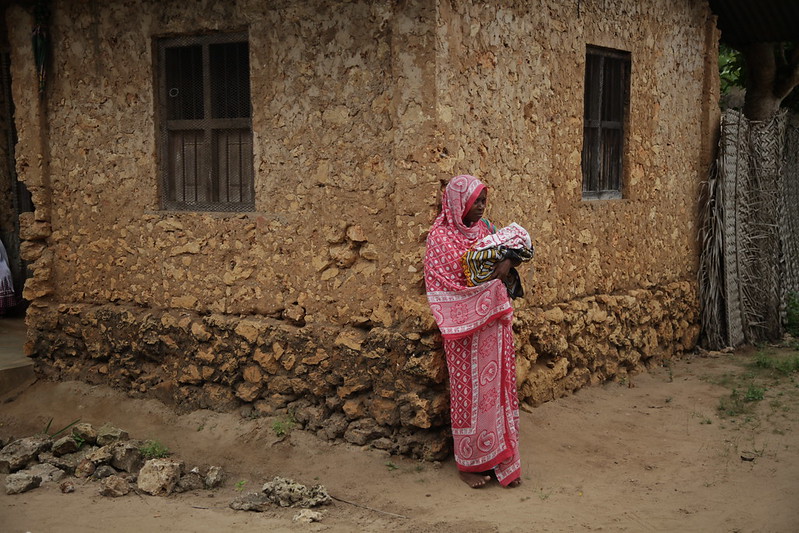In partnership with the Zanzibar Ministry of Health, PharmAccess and MonitAfrica, we have broken new ground in health data exchange. By leveraging existing patient identifier systems and interoperability tools, we have connected community and facility-level data – unlocking a first-of-its-kind integration in Zanzibar’s health system.
Health systems are failing the people who need them most. Disjointed systems, poor communication and fragmented data don’t just create inefficiencies – they put lives at risk. Patients slip through the cracks, missing critical care when they need it the most. This is especially evident in postnatal care in Tanzania: despite women receiving care during labor and delivery, nearly half of mothers and newborns in Tanzania do not get essential postnatal care on time.
To address this problem in Zanzibar, we have connected Jamii ni Afya, the national community health program, with the electronic medical records system in district hospitals, so that the systems can exchange data. No more lost information or duplicated efforts. Now, community health workers and facility staff can see what diagnoses, treatments and advice a client has received, ensuring everyone gets continuous, personalized care. This represents an exciting step toward a more connected health system.
Interoperability is essential but comes with challenges
The ability for digital systems, such as a digital community health system and an electronic medical records system, to exchange data is called interoperability. Interoperability plays an essential role in enabling people to receive continuous, high-quality healthcare, but it comes with challenges
The first challenge is that a common patient identifier needs to be used by all systems so that a patient’s information from one system can be linked with their records in another system. Sometimes, the combination of a patient’s full name and date of birth (or other details) can be used as the unique identifier, as almost all systems will record these details and it is rare for multiple people to share the same combination. However, inconsistencies in how names are recorded or spelled (e.g. ‘Mohammed’ vs ‘Mohamad’ vs ‘Moh’d’), and in recording someone’s date of birth if a person does not know their exact date of birth, are common in places such as Zanzibar where not everyone has official documentation.
A second challenge is that different systems store data in different formats. Therefore, data needs to be converted into a common format before it can be exchanged. Finally, security concerns must be thoroughly addressed. Health data is highly sensitive and must be protected from unauthorized access while being transferred between systems, as well as while being stored in each system.
Together with partners, we have made use of existing patient identifier systems and interoperability tools to make exciting progress in Zanzibar. The collaboration has enabled the successful exchange of data between the community and facility levels of Zanzibar’s health system for the very first time.
Community health workers can now deliver more timely and tailored care
Now, community health workers will be instantly alerted when one of their clients receives hospital care, ensuring seamless follow-up and support at home. Alongside connecting the systems, we’ve also developed new care protocols and training to enable community health workers to help clients stick to prescribed treatments, improving recovery and long-term health.
We’re launching this with a focus on caregivers of low birth weight babies and children recovering from pneumonia. But this is just the beginning. If successful, we will expand to other high-priority groups, including pregnant women with hypertension or anemia, improving care journeys across Zanzibar’s health system.




